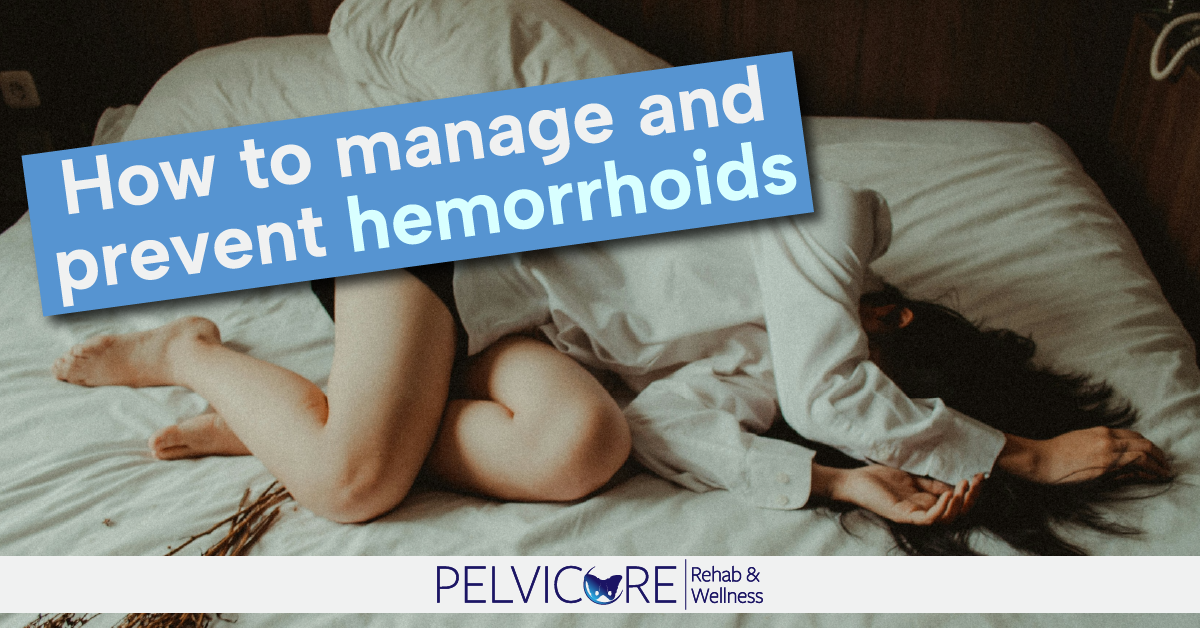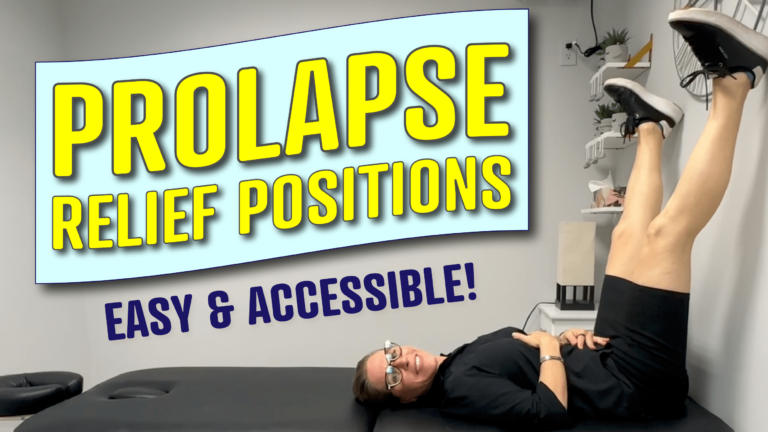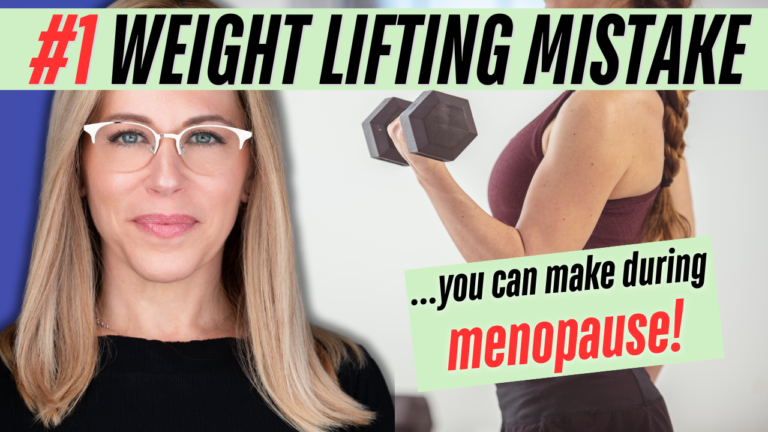Are my pelvic floor muscles giving me Hemorrhoids??
Did you know that by age 50, about 50% of people will have experienced hemorrhoids and 75% of people will suffer from them at some point in their lives?
What exactly is this pain in the butt, literally and figuratively?
Hemorrhoids are basically varicose veins around the anus and lower rectum. These veins become inflamed, irritated, and swollen and can lead to bleeding, itching, and rectal pain.
What can you do at home to manage or prevent hemorrhoids?
Keep your pelvic floor muscles healthy
Your pelvic floor muscles should be strong in order to have good anal sphincter control needed for bowel and bladder continence but should have the ability to relax for proper defecation mechanics and evacuation
Don’t strain- Relax
Urination and defecation can only occur properly if the pelvic floor muscles are relaxed. Straining will put a lot of pressure on your veins and can lead to hemorrhoids.
Potty Posture
Sit on the toilet with knees higher than hips position (use a stool such as a squatty potty if needed) and lean forward with elbows resting on your knees.
This allows a muscle called the puborectalis to relax allowing for optimal evacuation.
Note: Never hover over the toilet, as this will not allow the pelvic floor muscles to relax
Breathe
Take a few deep breaths relaxing pelvic floor muscles.
The goal during defecation is to gently increase intra-abdominal pressure but keep the pelvic floor muscles relaxed. In order to achieve this you can say “SSSHHHHH” . Your waist should widen and lower belly should bulge
Don’t read the newspaper on the toilet
Optimally you should have the urge to go within 30 minutes of waking up.
Obey the Urge!!
Don’t sit on the toilet for more than 10 minutes at a time. This can exacerbate hemorrhoids. If you can’t go, get up and walk around.
Prevent Constipation, get enough Fiber
For the average person it is 25-35 grams of a combination of soluble and insoluble fiber.
Chew food well!
Try chewing something first thing in the morning with a warm drink in order to stimulate your bowels and help to establish a good bowel routine.
Hydration
Drink water!!! Ideally, this is drinking half your body weight of water in ounces
Stool Consistency
Normal bowel emptying will be different for each person and may vary from
3x/day to 3x/week
Know what is normal for you!
Make sure stools are not to hard or too soft.
This may lead to straining or put to much pressure on the anal sphincter.
Staying hydrated and getting enough fiber will help.
Exercise
Regular exercise is important for a good bowel routine
Travel
Be proactive with hydration and fiber in order to avoid constipation, which often leads to straining and hemorrhoids.
Implementing these small changes in your lifestyle can help you manage and prevent the ultimate pain in the BUTT… Hemorrhoids





